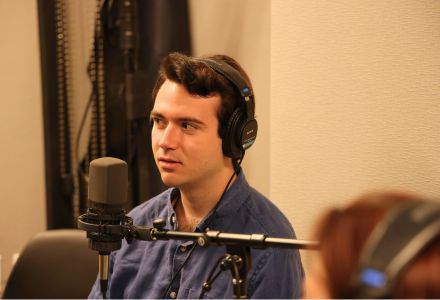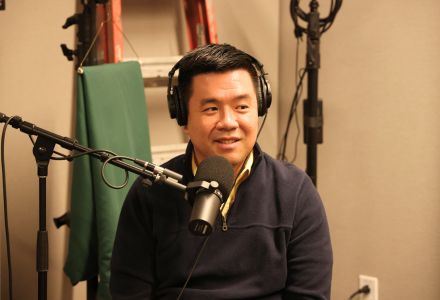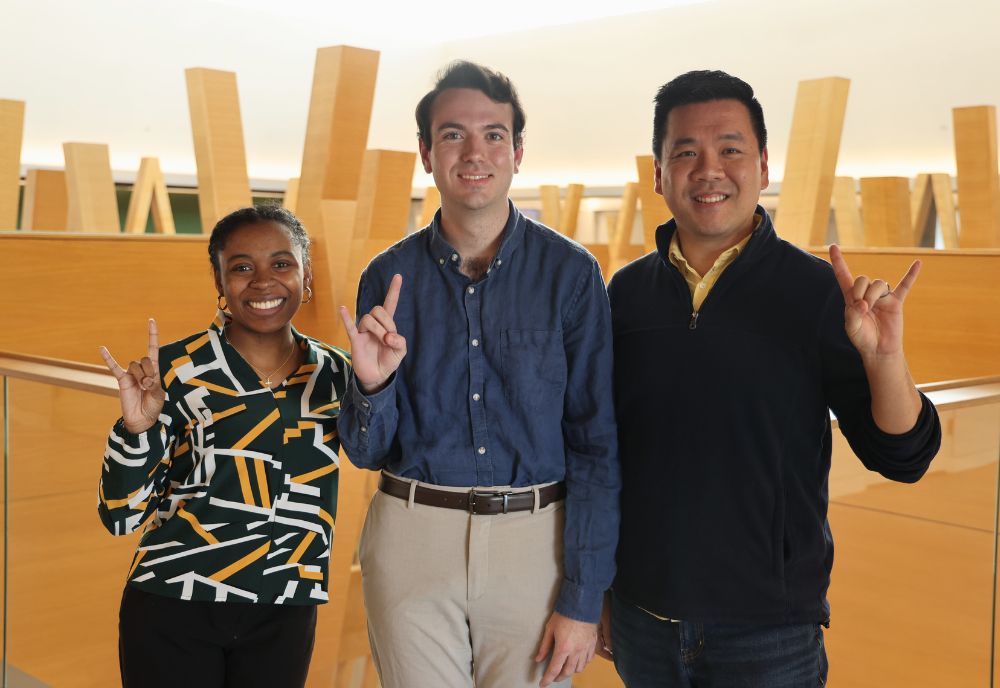Being a first-year student can be both exciting and overwhelming. New classes, a new environment, and new expectations — how can students navigate these changes successfully? The University of South Florida Judy Genshaft Honors College offers a solution through its Honors Foundations program. Since 2015, Honors Foundations has provided first-year Honors students with a zero-credit course led by upperclassmen known as peer mentors. These mentors help students build in-class connections, find their niche on campus, and develop valuable academic and professional skills.
THE LEADERS BEHIND THE PROGRAM
Peer mentors help students build community and navigate university resources and culture by sharing their personal college experiences and connecting them with on-campus organizations that match their interests. They also guide students in refining their professional skills to prepare for advanced courses, conferences and interviews.
To support the peer mentors, Honors Foundations introduced the role of peer mentor leads (PMLs), who assist in curriculum development, mentor training, and program outreach. Dr. Kevin Lee, senior academic advisor and program director for Honors Foundations since 2020, has overseen the program’s growth, now encompassing more than two dozen sections of the zero-credit course led by 45 peer mentors.
“We have nine peer mentor leads, and they do a lot of organizing our curriculum, events, and engagement,” said Lee. “There’s a lot of support and many moving parts in our program.”
Working alongside Lee is Anrae Stephenson-Frazier, a graduate assistant for first-year success and currently a master’s student in the Counselor Education program at USF. Stephenson-Frazier emphasizes that the Honors Foundations classroom should feel different from a traditional academic setting.
“We encourage our peer mentors and peer mentor leads to focus on building deep connections,” said Stephenson-Frazier. “It’s not just about the classroom — it’s about creating an experience where students gain valuable tools and skills for the rest of their collegiate journey.”
SHAPING THE STUDENT EXPERIENCE

Martin Ladjimi, a fourth-year biomedical sciences and psychology student, has served as both a peer mentor and a PML, in addition to being a Resident Assistant at the Tampa Honors Living Learning Community. His own experience in Honors Foundations in 2021 inspired him to help future students feel the same sense of belonging.
“I wanted my students to enjoy the class, meet new people, and have fun — not just focus on assignments,” said Ladjimi.
In the Honors Foundations program, students do not receive traditional homework or exams. Instead, they complete assignments such as attending on-campus events and developing their résumés and LinkedIn profiles to be job-application ready. The peer mentor-led curriculum is student-centered, emphasizing practicality, community building, and critical thinking skills.
Since joining the PML team, Ladjimi has played a key role in updating the curriculum and, along with Stephenson-Frazier, revamping marketing and communications tools such as the peer mentor Instagram to boost student engagement. Though implementing these changes was a major challenge, the collaborative process helped the team grow.
“When Martin joined as a PML, the team wanted to completely redesign the curriculum,” said Lee. “And I wasn’t going to throw a student into the deep end without support. We brainstormed, challenged each other, and built something really effective.”
WHAT IT TAKES TO BE A PEER MENTOR

Being a peer mentor requires collaboration, creativity, and problem-solving. Lee is looking for Honors students from diverse backgrounds who enjoy working with others.
“We would love to have more international and out-of-state students, as well as students from different majors and backgrounds,” said Lee. “The key is to be your authentic self and contribute to the team.”
Though teamwork flow is important, Stephenson-Frazier also notes that willingness to learn is one of the top factors she and Lee look for when choosing the new cohort of peer mentors.
“We’re not just looking for students who can work well in a team — we’re looking for students who want to learn and develop,” she said.
HOW TO APPLY
Honors students interested in becoming Peer Mentors must complete an application and interview process, which includes both group and one-on-one interviews.
Peer mentor applications for fall 2025 are currently open, and will close Feb 16.
